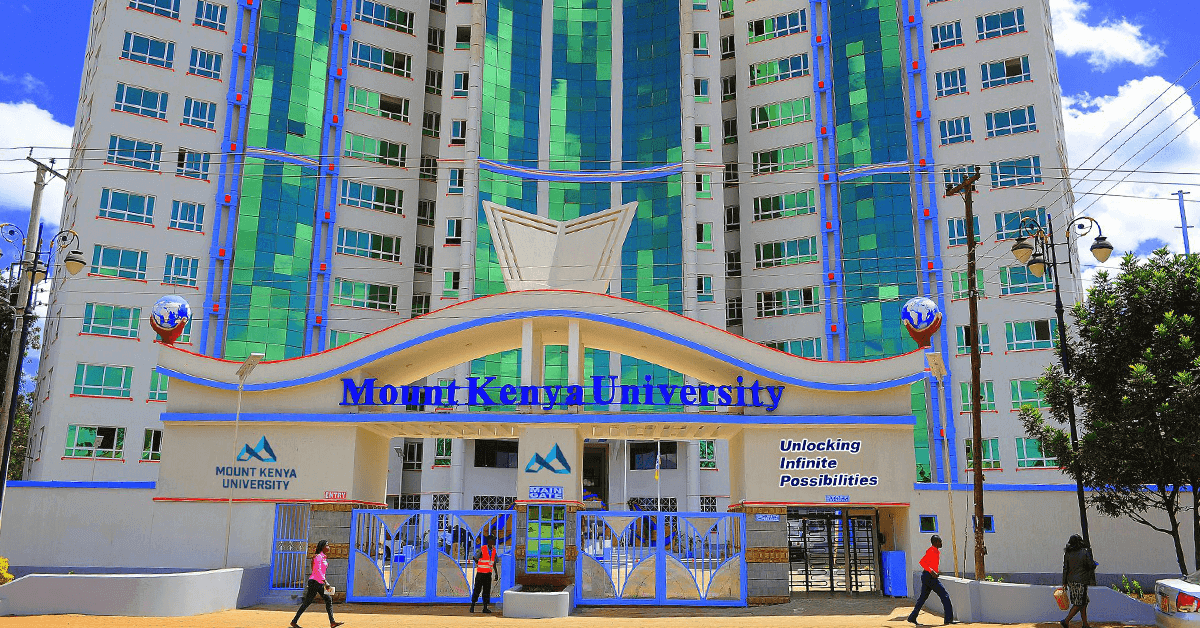Mental Health is a critical aspect of well being. It is a state in which the individual realizes his or her own abilities, can cope with the normal stresses of life, can work productivity and fruitfully, and is able to make a contribution to his or her community.
But due to high stress levels in life, this blissful status is often hard to attain for some people, resulting in different mental illnesses depending on the cause and individual resilience. In a world where solutions to various personal problems are hard to come by, the most common type of mental disorder is depression.
Depression can be ignited by many issues including failed relationship, loss of a job or loved one, oppression and rejection, among others. It is, in fact, one of the leading causes of suicide worldwide. About 264 million people are affected by depression, most of them being women and the youth.
Depression is characterized by loss of interest or pleasure, pulling away from people, guilt feelings, low self- worth, insomnia (which is difficulty in getting some sleep) and lack of appetite. It can be long lasting or recurrent depending on what causes it. Some of the people affected by depression think of self-harm while others even go to the extent of committing suicide.
Young people are more affected by depression. Today’s youth are in a rush to be successful in life but with the high rate of unemployment achieving the success becomes elusive. This leads frustration which in turn can develop into depression.
Other reasons that lead to depression among the youth include relationship break-ups, life stresses and illness. Recently, we have seen young people in Kenya being involved in violent activities, thus sparking the conversation of the mental wellbeing of the youth after a long break from school due to the Covid-19 restrictions.
See Also >> Story of the Lady Who Beat Depression and Self-Harm
A number of students have been reported fighting and, in some cases, killing teachers and staff members. Most shocking was the incident of a 22-year-old by the name Warunge who confessed to the killing of his parents, two siblings and a farmhand.
Nearly 800,000 people commit suicide every year, according to the World Health Organisation in a 2019 report. And for every suicide there are many more people who attempt suicide every year.
Suicide is a serious public health problem. However, suicides are preventable with timely, evidence-based and often low-cost interventions, including the use of social therapy as shown by BetterHelp.
Impulsive suicides
The ultimate goal of social therapy is to aid patients in successfully functioning in everyday life at, say, the workplace, social settings and interpersonal relationships, among others. In developing countries like Kenya, finding the right therapists is about as hard as finding good hospitals.
While the link between suicide and mental disorders (in particular, depression and alcohol use disorders) is well established in high-income countries, many suicides happen impulsively in moments of crisis with a breakdown in the ability to deal with life stresses, such as financial problems, relationship break-up or chronic pain and illness.
Stigmatization discourages affected people from seeking help
Health systems have not adequately responded to the burden of mental disorders and as a consequence, the gap between the need for treatment and its provision is wide. In low- and middle-income countries, between 76% and 85% of people with mental disorders receive no treatment, lack understanding by family, co-workers and friends.
Worse still, those who do receive treatment get poor quality care. Stigmatization discourages affected people from seeking help or treatment. In addition to support from healthcare services, people with mental illness require social support and care. They often need help in finding employment and housing which could enable them to live and be active in their local communities.













Leave a comment